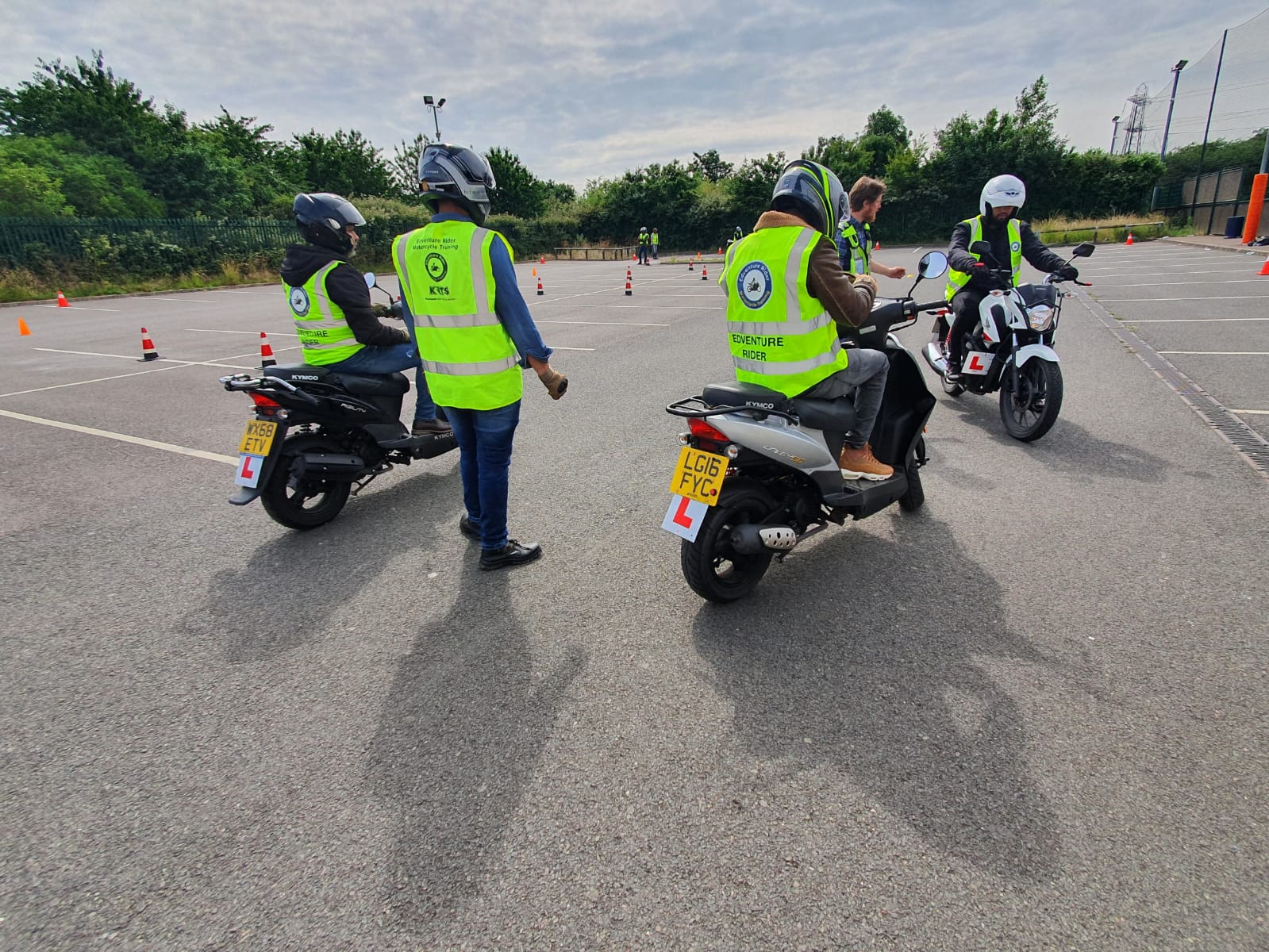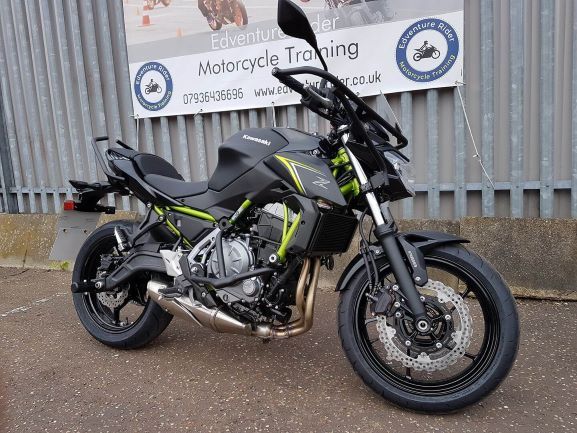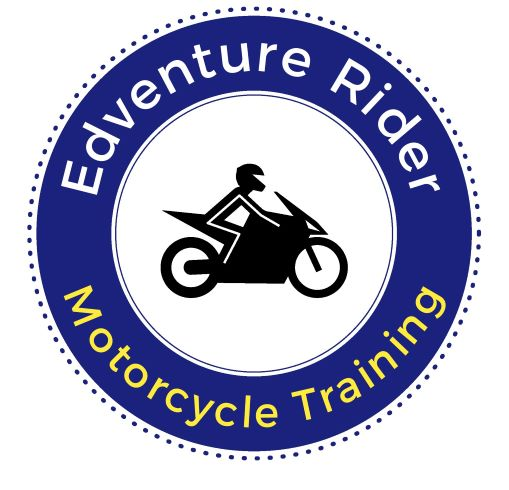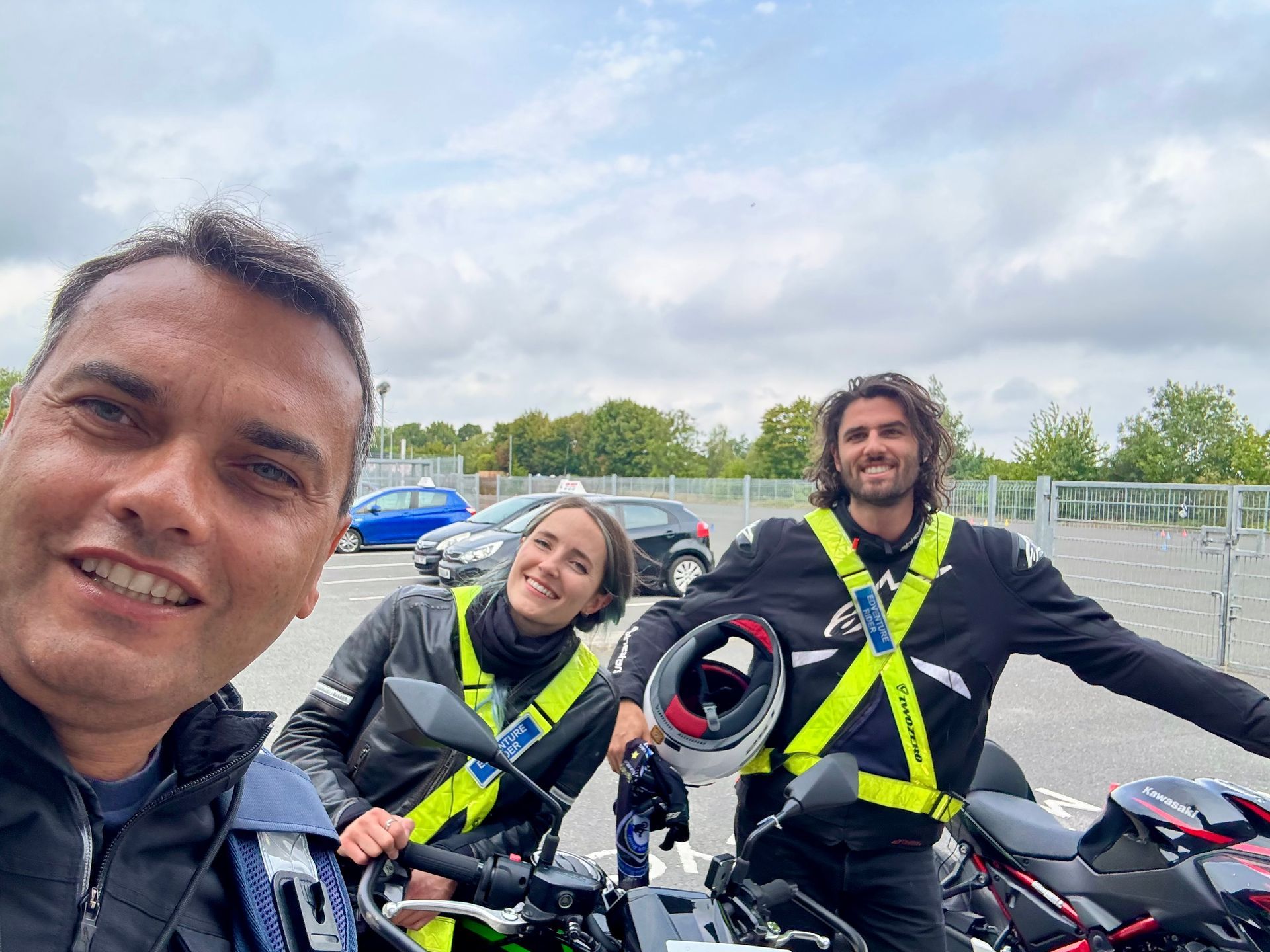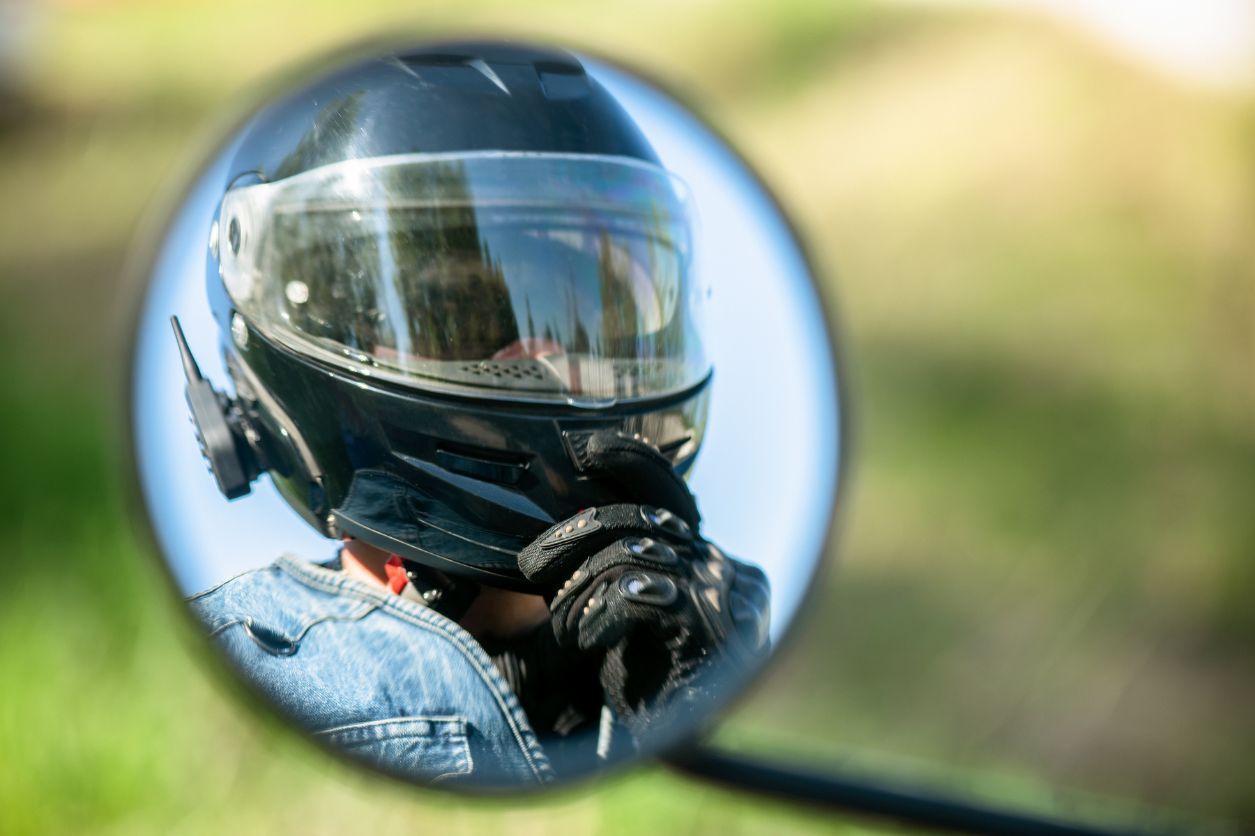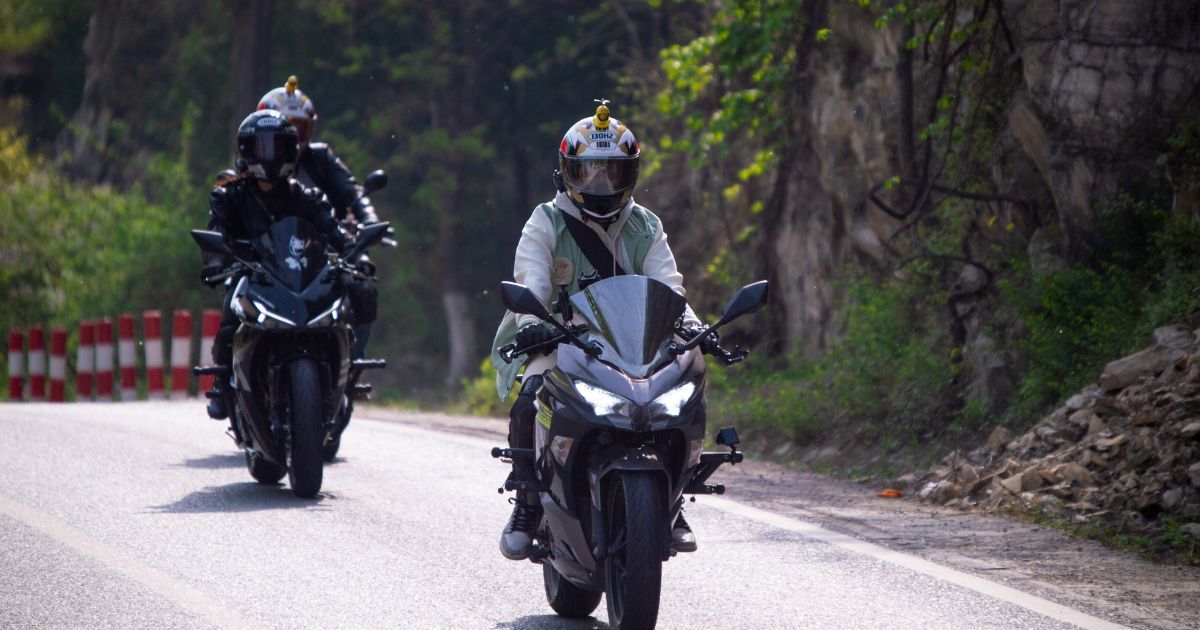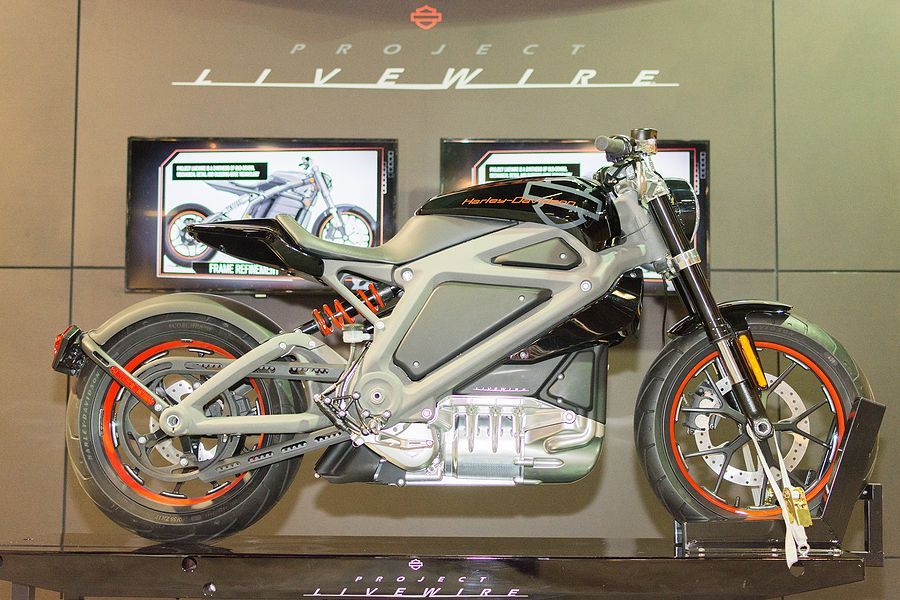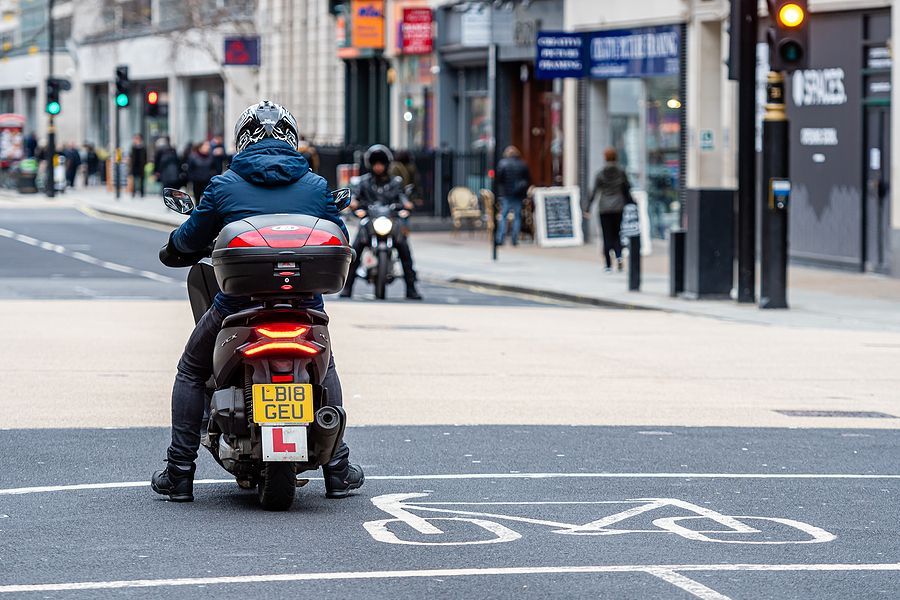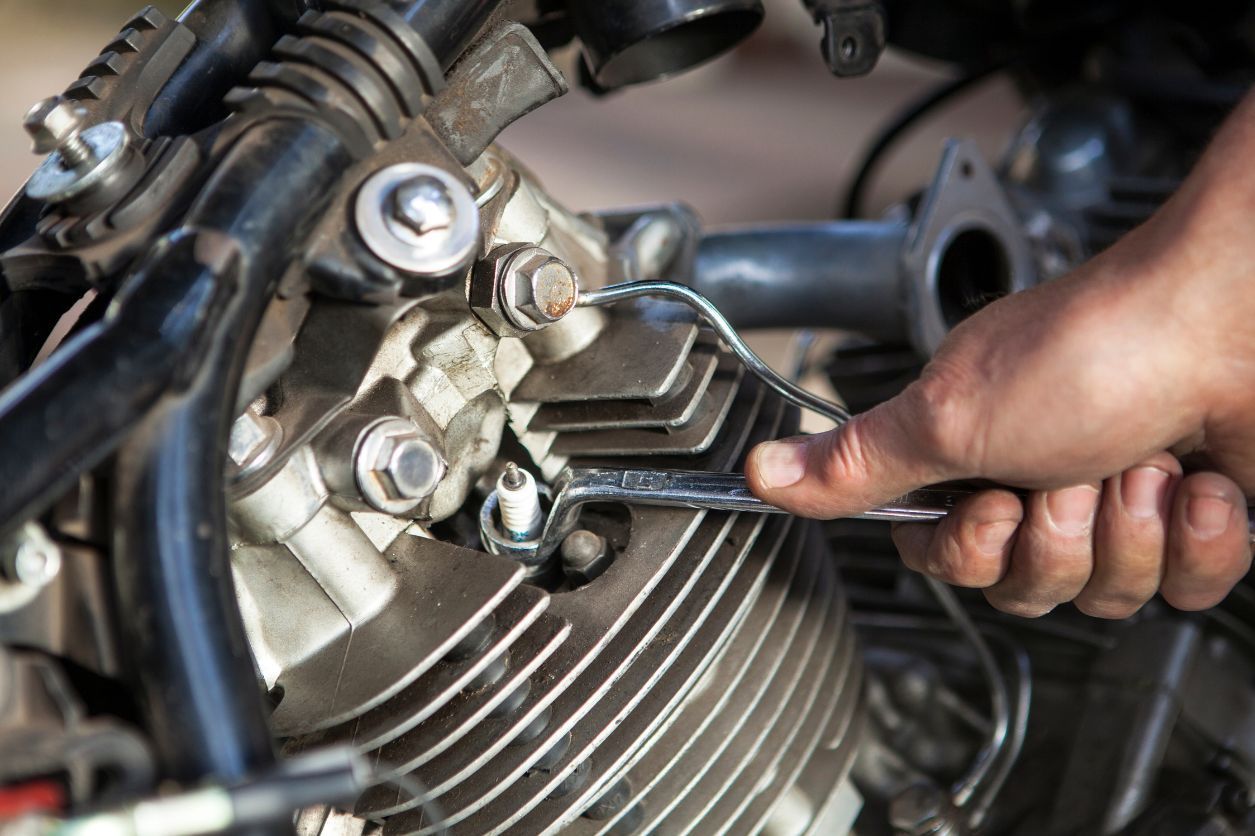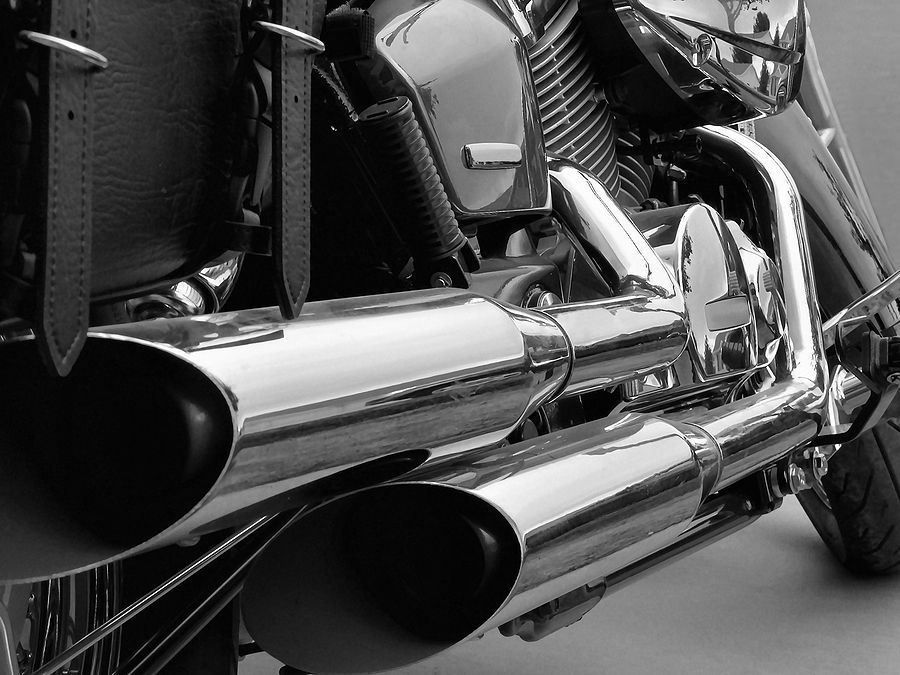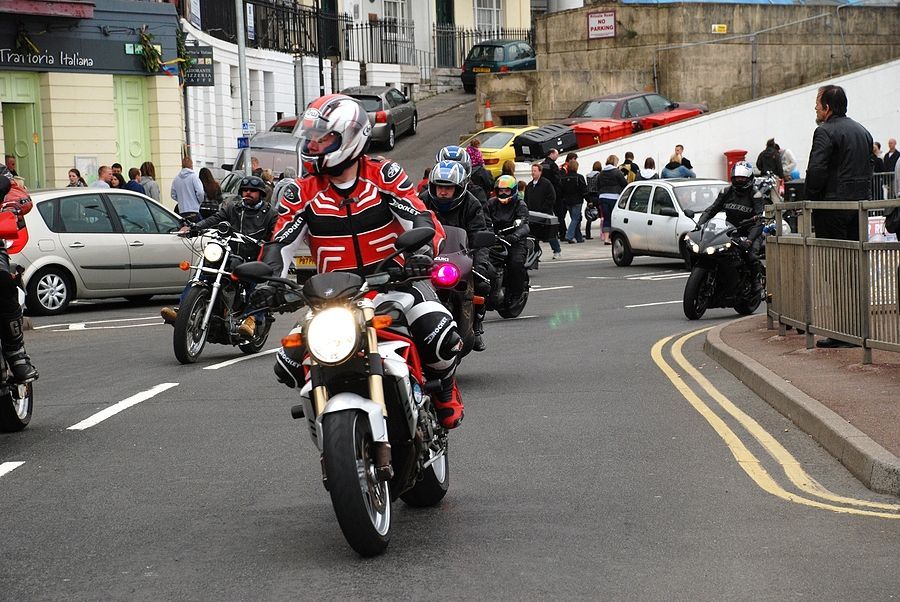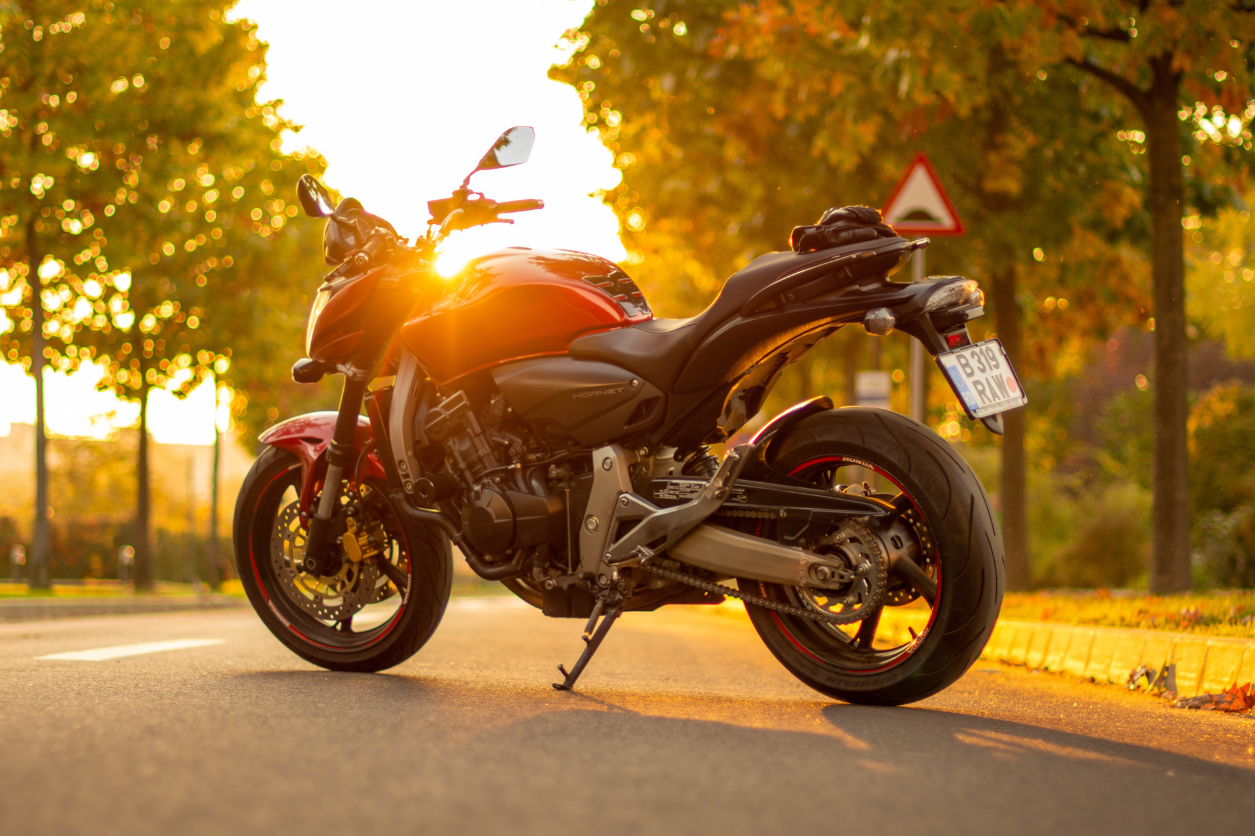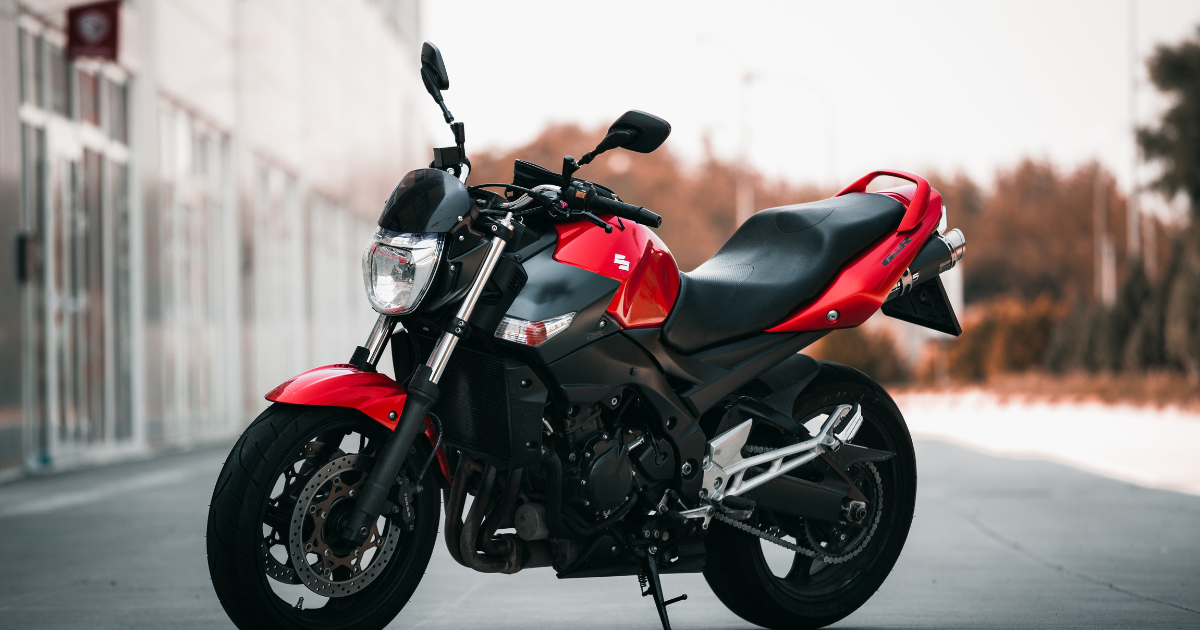Tunnel Charge Discounts An Incentive For Motorbikes
There are many good reasons to take motorbike lessons in London, with this offering a more mobile and flexible way of getting around than cars, as well as enabling you to go to all the places public transport does not visit.
A particular advantage is that of cost, not least when it comes to the vehicle charges that leave many motorists fuming almost as much as the high-emission vehicle use congestion charging zones and ULEZ are designed to curb. Motorbikes are exempt from congestion charges, though not ULEZ. Even so, the former still saves riders plenty of cash.
However, even where new charges are to be levied, there is an advantage for those on two wheels rather than four.
Proposed charges for the Blackwall and Silvertown Tunnels, which will pay for the £2.2 billion construction of the latter (Blackwall is currently free to use), are set to see much higher charges for cars than bikes.
Although motorcyclists and car drivers alike would pay £1.50 to use the tunnels off-peak (6 AM to 10 PM) and the tunnels will be free for all between 10 PM and 6 AM, during the peak hours (6-10 AM northbound and 4-7 PM southbound) cars will pay £4 and motorcyclists only £2.50.
As the end date for the public consultation on the plans (September 3rd) arrived, mayor Sadiq Khan insisted that the tolls would go ahead, telling the Evening Standard that he supported the principle of his predecessor Boris Johnson “that the cost of the tunnel be paid for by users”.
This could mean some car drivers paying up to £40 a week to use a river crossing that has been free since it opened in 1897.
While this is not ideal for motorcyclists, it could certainly be worse, and those doing their sums may agree that it makes a lot of financial sense to use a motorbike instead of being car-reliant in London.
